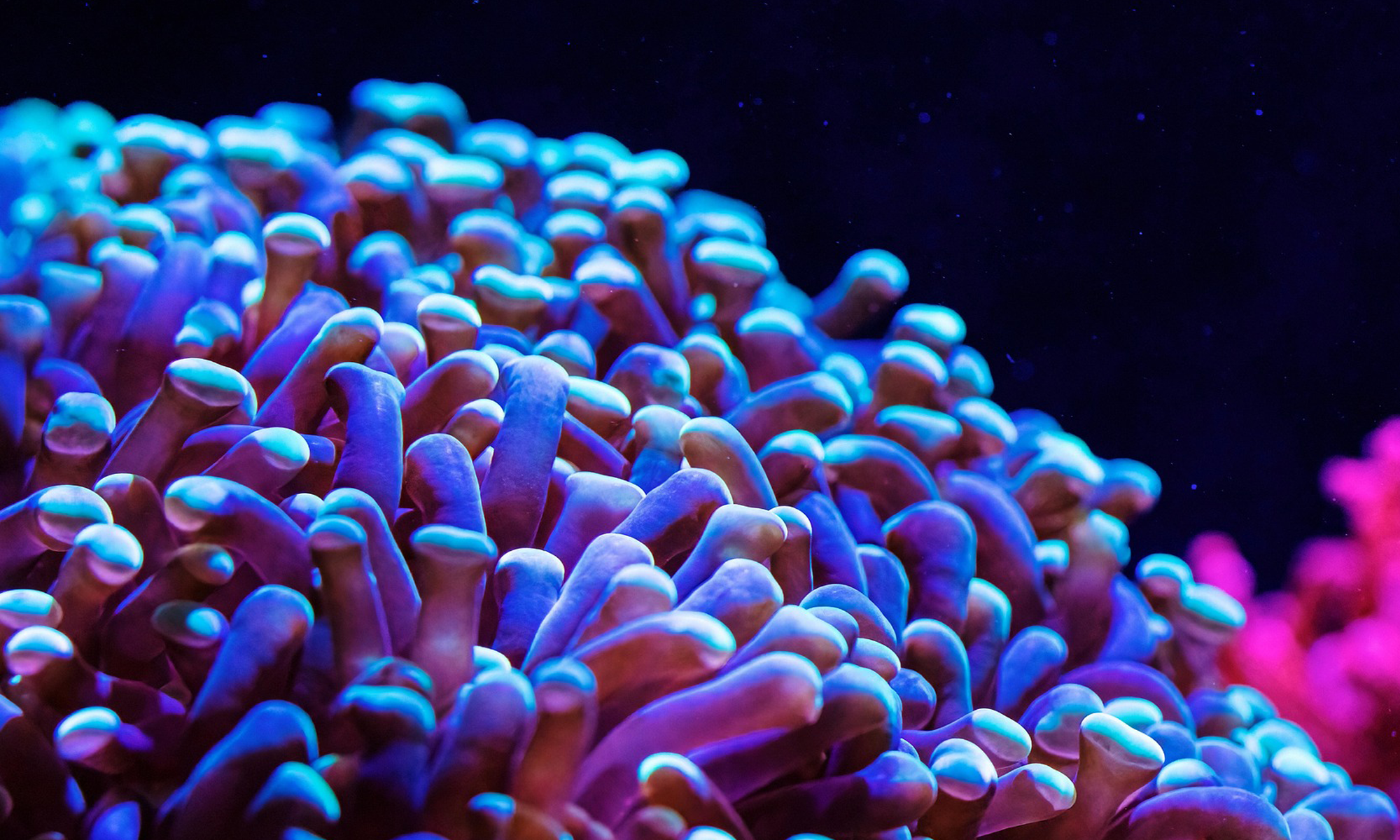Website Overview
The ANEMONA website serves as a hub for sharing research progress and insights. It focuses on improving fish behavior understanding, optimizing breeding conditions, and fostering sustainable aquaculture practices. Visitors can explore research methodologies, technological advancements, and industry collaborations.
ANEMONA stands for artificial intelligence and multimodal data for the development of digital, resilient, and ecologically sustainable industries. It aims to improve aquaculture sustainability and productivity by analyzing video sequences from multimodal cameras using state-of-the-art Deep Learning methods. ANEMONA seeks to understand fish behavior, breeding conditions, and environmental contexts by analyzing video sequences from multimodal cameras.
Background
Global aquaculture production has surged in response to rising demand for aquatic products. ANEMONA aligns with the United Nations Sustainable Development Goals, including poverty reduction, zero hunger, gender equality, economic growth, responsible consumption, climate action, and biodiversity conservation. The project aims to transform aquaculture into a greener, more sustainable, and digital industry.
Objectives
- Analyze fish behavior and environmental factors to optimize feeding processes.
- Develop new acquisition systems for collecting multimodal data in aquaculture environments.
- Implement AI algorithms for analyzing collected data and enhancing Aquaculture 4.0 development.
- Understand correlations between behavior, water parameters, and factors like microplastics.
- Contribute to pollution reduction and ecosystem conservation in aquaculture.
Methodology
ANEMONA emphasizes interdisciplinary collaboration, uniting research teams from the University Polytechnic of Madrid(UPM), the Image Processing Group (GTI), and the Electronic and Microelectronic Design Group (GDEM), and industry partners in the aquaculture sector. This enables the leveraging of diverse expertise and perspectives to address challenges related to aquaculture sustainability and productivity.
The project integrates AI-based technologies to monitor fish populations and surroundings in real-time, enabling complex behavior recognition and decision-making. Transfer learning methods facilitate data and model reuse across different species, behaviors, and environments. ANEMONA aims to validate improvements in real production settings, integrating them into the production chain. For effective management, curation, and reuse of data and models, transfer learning methods are considered to reduce the workload and cost of deploying similar recognition systems but are applied to new species, behaviors, and environments.
Finally, ANEMONA will transfer and verify the improvements developed in real production environments, incorporating them into the production chain while taking into account the limitations of the production farms.



